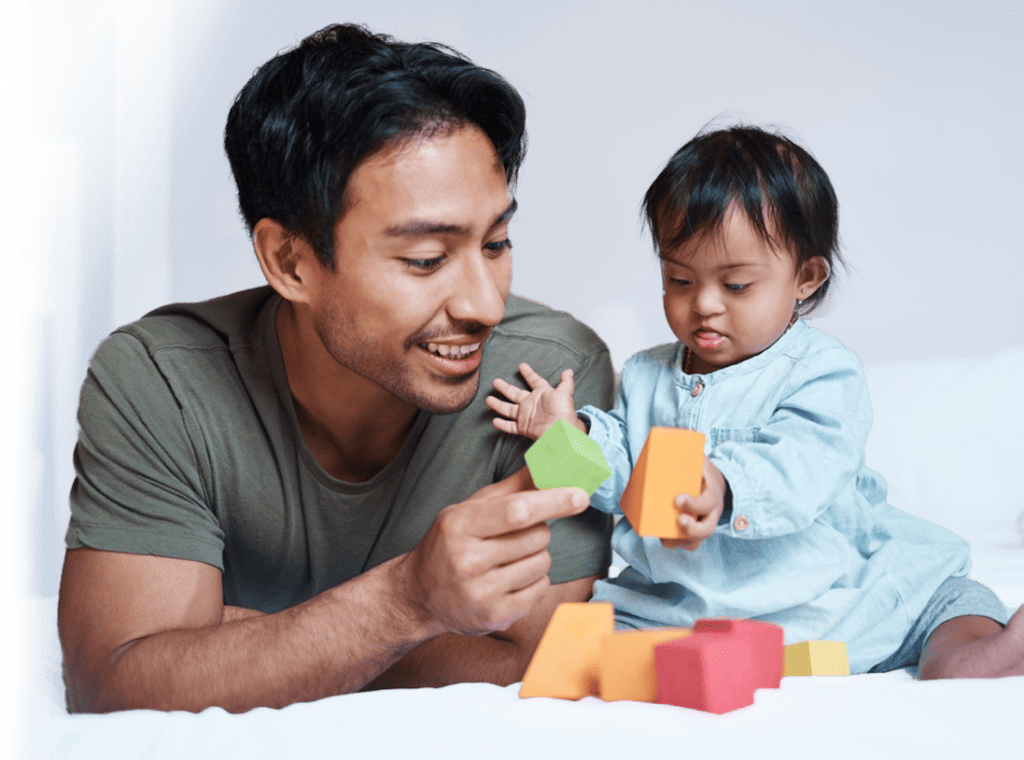Oh don’t roll your eyes at me, you know you’ve thought about it. Or read about it. Or brushed it off when someone talked about it. Many of us are feeling this fatigue acutely—whether it presents itself physically, emotionally or both.
Asking ourselves why we are feeling or acting in a certain way will help us have more empathy and understanding with ourselves and our loved ones.
Remember at the beginning of the pandemic, in “early quar” some might say, when we were reading the news all the time and then we collectively realized that was really bad for our mental health so we took steps to stop doing that? We focused on making bread, or growing lettuce or decluttering our rooms. And that was good for a while. Then we had the summer and the phases changed a bit and we figured out how to increase our experiences in the world while staying safe. And that was good for a while. And then we transitioned to school, and it was new and not easy but we did it and we supported each other. And even that was good for a while.
Now, the season has shifted again. The weather is colder and we’re hunkering down. Cases are skyrocketing, but this time we have hope in the form of the vaccine…but we also have questions.
This is all still the unknown and the unknown is not comfortable or easy. And that’s kind of how I feel lately; uncomfortable and uneasy. It helps me to know there are other people out there—specifically other parents out there— trudging their way along like me.
I’m writing this because maybe you need to hear it, too.
Kids are acting out. (How can we support our students social-emotional health right now?)
Parents are tired. (Is it Covid-fatigue or is it depression?)
Couples are fighting. (Fluidity, communication, curiosity… all ingredients for a happy partnership)
Is this true for everyone? No. Everywhere? No. All the time? No.
But for many of us, our tipping point is coming just a little quicker these days.
For us, and for our kids, even if we aren’t necessarily identifying it as a stressor, it’s there. Our world has been shaken up and our safety was threatened on some level. Even though we take precautions and we tell our children that we are doing our best to keep everyone safe, at the end of the day, we are still living through a global pandemic that we are still learning about. That’s scary. And it takes an emotional toll.
I’m not saying that when your child knocks over every single moveable object in the house and throws a folded basket of clean clothes down the stairs in anger (grrrr…still fresh emotions on that one for me)—I’m not saying the right answer is to excuse that behavior because “COVID”.
I’m saying, let’s remember to give ourselves a break and to give our kids a break when we try to make sense of why we feel stressed or act out.
When we allow ourselves to consider where the behavior is coming from, we often learn something that helps us deal with it. Maybe the tantrum wasn’t about not finding a particular toy after all, but it was an expression of extreme sadness and anger at not being able to play with his friends in his house after school. That really sucks. And sometimes I just want to cry about that too, buddy.
So, take this as your annual reminder not to compare your behind the scenes to other people’s highlight reel. Give yourself a break, give your kid a break, maybe even give your partner a break. And if your living room is upside down and your laundry is thrown down the stairs like mine, tomorrow is a new day. Let’s try again tomorrow.
Finally, because we want to acknowledge the hard things without getting stuck there, I will leave you with a few anecdotes from an exercise we did to kick off our team meeting earlier this week where we shared something from the past 24 hours that made us happy…
– Receiving a special card from a colleague’s daughter
– Attempting to build gingerbread houses….out of pop tarts…. (the houses were unsuccessful but the activity was quite joyful!)
– An expression of joy on a son’s face upon seeing the Christmas tree up and decorated
– Going for a morning run with girlfriends and having a birthday coffee together outside
– Appreciation for grandparents helping with children and remote learning
– Took a long walk with a neighbor who is becoming a friend
Your turn. What has made you smile in the last 24 hours? (some of us had to reach back to 48 or 72, that’s fair too)




